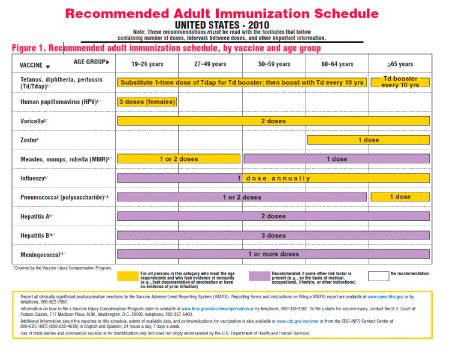By Diane Forrest
Over the recent Memorial
Day weekend a friend of mine went to a festival near his home. It took place near a lake, and he was sitting
in a gazebo there. It was really hot, so
I asked if he took a dip in the lake. He
sadly told me that the water at the shore was black, as if covered with
oil. Then he said, "What has
happened to the world I knew?"
This man, who is in his 70's, grew up at a time when being
"green" wasn't a fashion, but a way of life. There was no such thing as being wasteful;
there was nothing to waste. Times where
hard, and money was tight, and the things the family could afford were used,
until they broke, then they were repaired and used some more. To this day he still continues to be
"green". In this throw away
world of today, he refuses to use Styrofoam cups in his business, and collects
cans at the end of the day to recycle.
He never grew accustomed to just throwing something out, and still prefers
to repair and recycle, and he is instilling his habits to his children and
grandchildren. For him, World
Environment Day is not something you think about on just one day of the year,
but on every day.
I
have another friend in Ohio, for several years we have had a long-standing joke
about World Environment Day. While he
too protects the earth and does all he can for the environment, he resents the
fact that there are those out there who tell him what to do. We always joke about him burning tires and
spraying aerosol cans and running around in his car leaving an oily smoke trail
behind him. Then he wanders around his
neighborhood, taking down all the posters that promote world environment day
and burns them in his campfire. Of
course, he really doesn’t do those things, just dreams about it. So, I’m not here to tell you what to do or
not do, as my daddy says...you're grown, you can make up your own mind. For those of you who practice being green,
the world thanks you. For those of you,
like Kermit the Frog, who says it's not easy being green. Why not try some baby steps.
WED
celebration began in 1972 and has grown to become the one of the main vehicles
through which the UN stimulates worldwide awareness of the environment and
encourages political attention and action. Through WED, the UN Environment
Program is able to personalize environmental issues and enable everyone to realize
not only their responsibility, but also their power to become agents for change
in support of sustainable and equitable development. WED is also a day for
people from all walks of life to come together to ensure a cleaner, greener and
brighter outlook for themselves and future generations. Everyone counts in this
initiative and WED relies on you to make this happen! We call for action –
organize a neighborhood cleanup, stop using plastic bags and get your community
to do the same, plant a tree or better yet organize a collective tree planting
effort, walk to work, start a recycling drive . . . the possibilities are
endless.
Click
on this site to learn about ways you can help the environment. http://www.unep.org/wed/
(Images from Google)



















